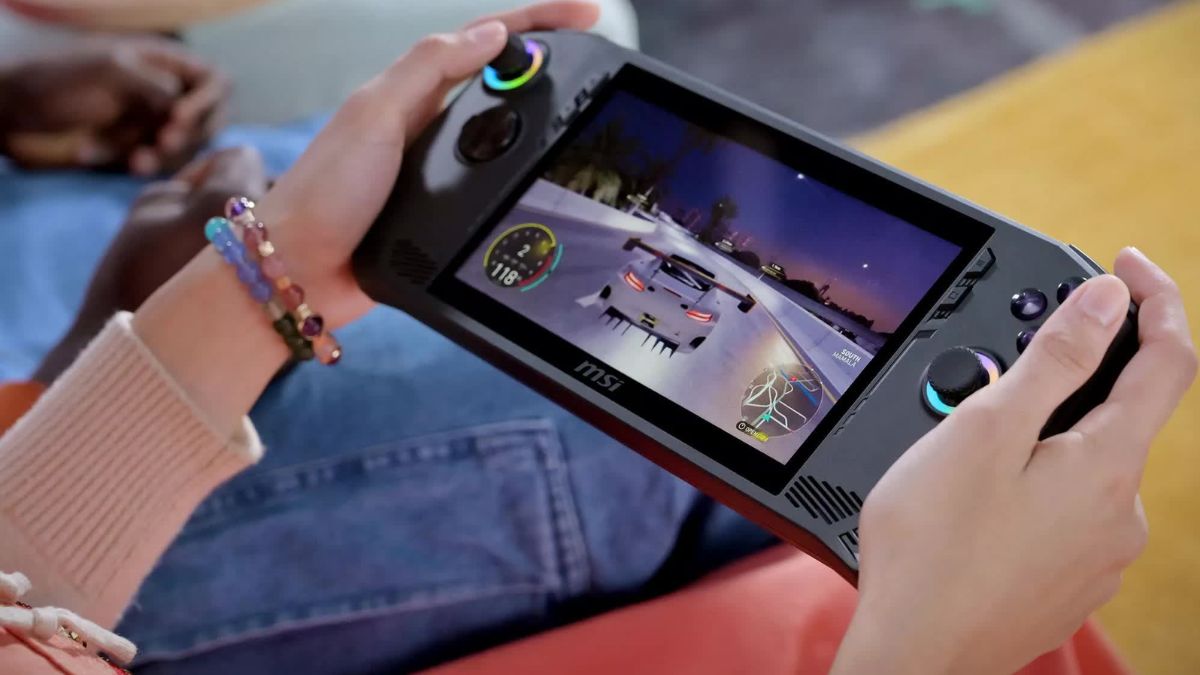AMD is making a remarkable shift in its approach to boosting performance in handheld gaming devices by incorporating AI into its next-generation FidelityFX Super Resolution (FSR) technology. The company has revealed that FSR 4 will include AI-based frame generation. This move marks a departure from AMD’s previous stance on using artificial intelligence to enhance frame rates in gaming.
Jack Huynh, Senior Vice President and General Manager of AMD’s Computing and Graphics Group disclosed the company’s plans in an interview with Tom’s Hardware. During the conversation, Huynh explained that AI-based frame generation and interpolation will be employed to increase efficiency and improve battery life for handheld gaming devices such as the Asus ROG Ally X. “My number one goal right now is to maximize battery life,” Huynh stated, emphasizing that FSR 4 will take the strain off hardware, allowing for more extended gameplay sessions without needing frequent charging.
This pivot to AI represents a considerable shift for AMD, which previously expressed skepticism about the need for artificial intelligence in upscaling technologies like FSR. However, according to Huynh, the demand for a rapid time-to-market solution and the growing importance of AI in the tech sector drove AMD to reconsider its stance. CTO Mark Papermaster had also hinted earlier that AI would play a role in future FSR iterations.
The introduction of AI in FSR 4 is aimed at maximizing the efficiency of handheld gaming devices, particularly in terms of battery life. Huynh suggested that the technology might allow for locking frame rates at 30 or 35 frames per second, providing a smoother gaming experience with less power consumption.
Although the AI-driven FSR 4 has been discussed primarily in the context of handheld gaming devices, Huynh clarified that the technology will have broader applications. It is expected to leverage the Neural Processing Units (NPUs) on new mobile CPUs, which significantly accelerate AI workloads. This next-generation technology will likely not only enhance battery life but also improve other key aspects of gaming performance, such as the quality of upscaled images and minimizing glitches.


